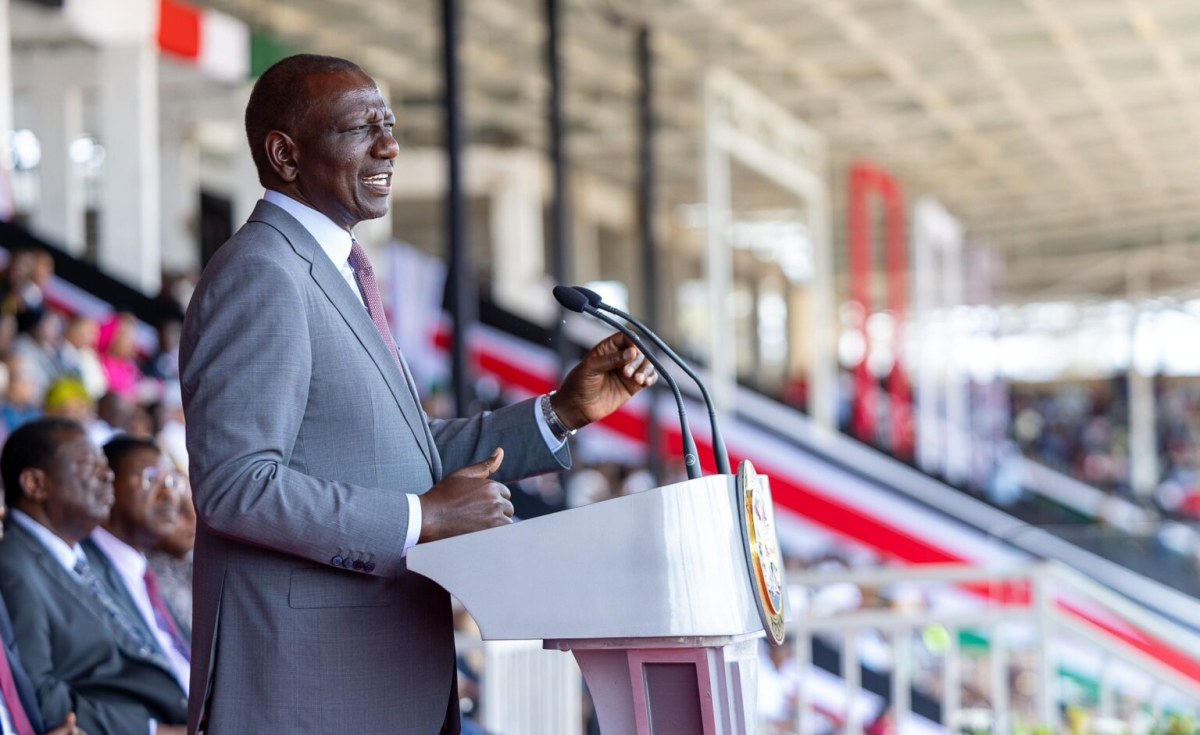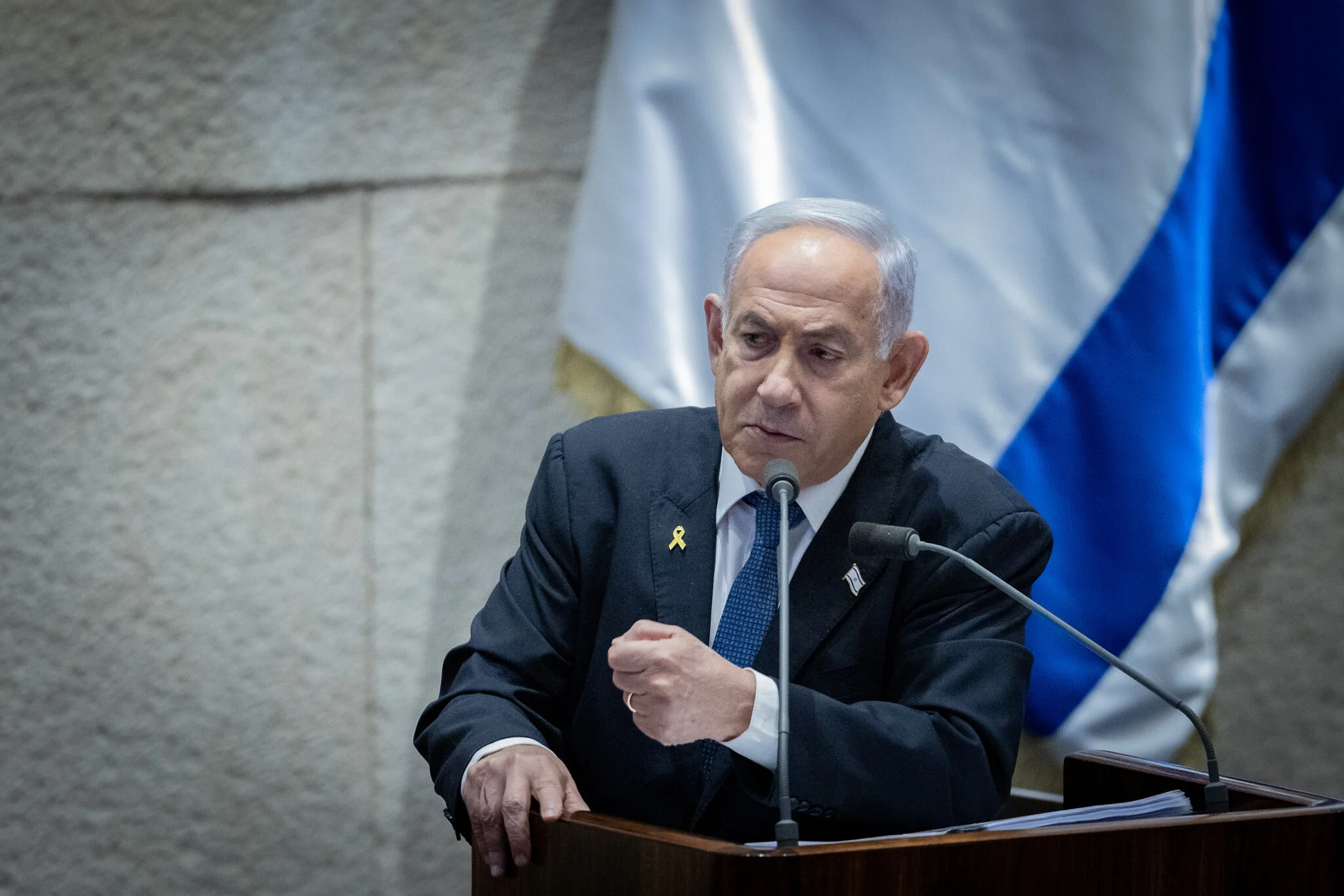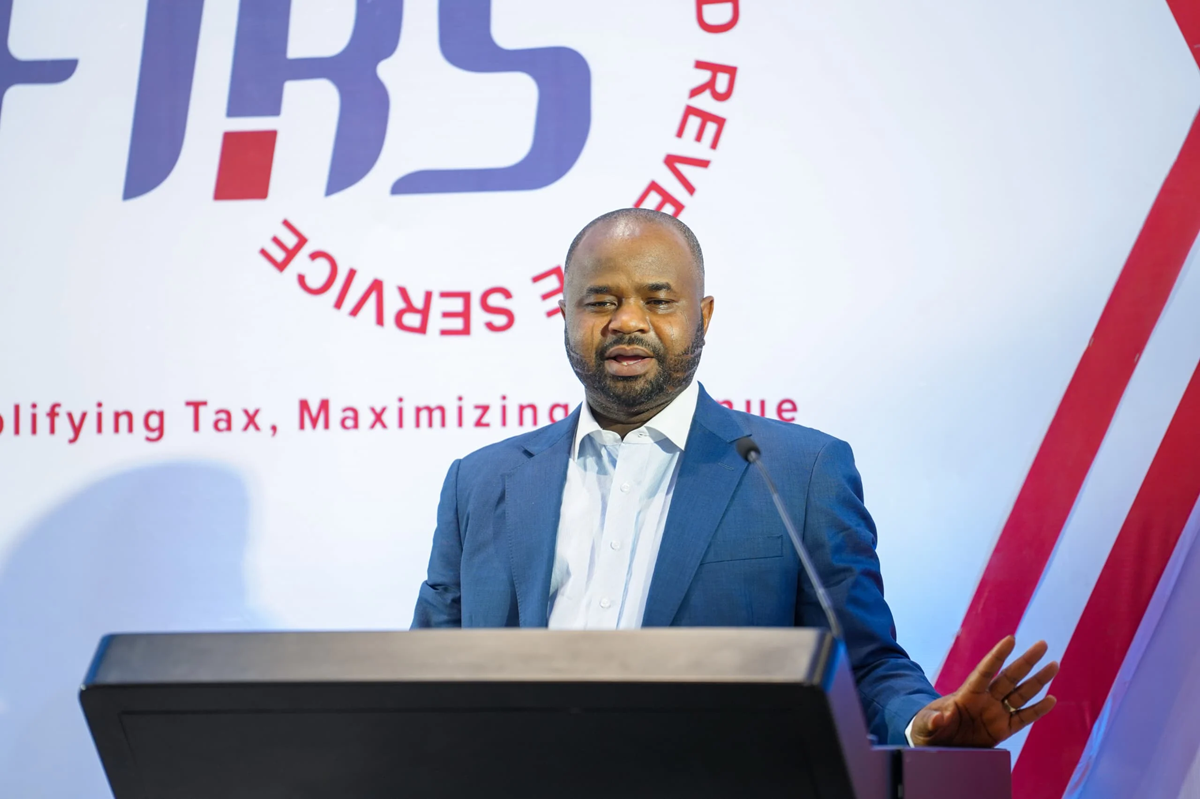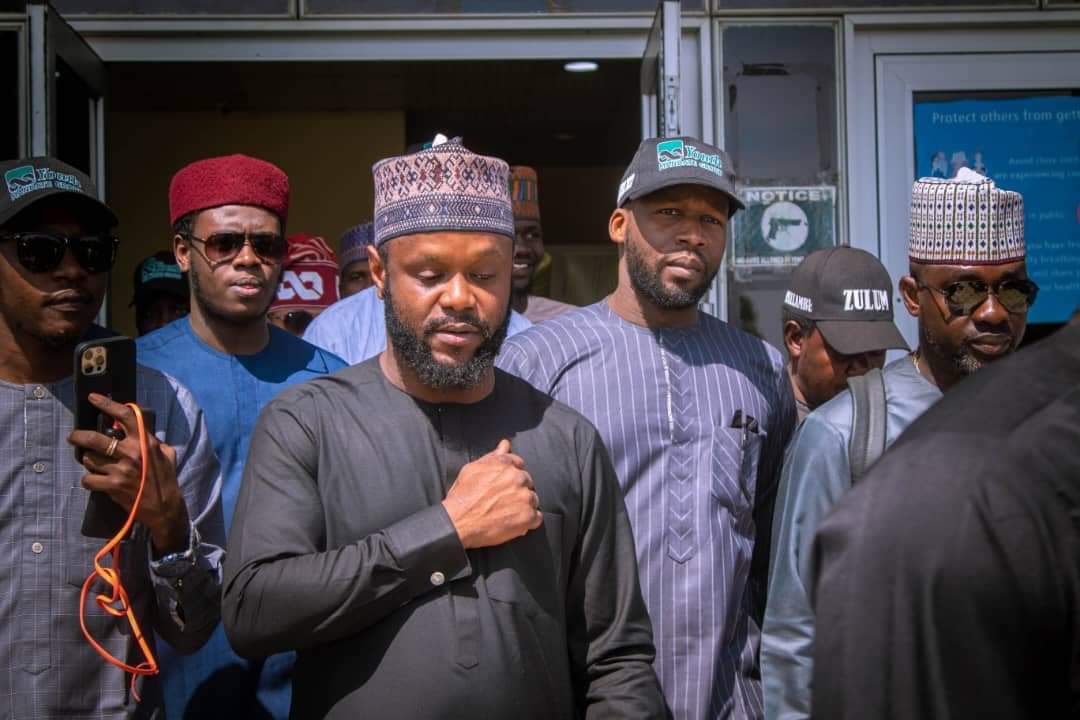Kenya’s President, William Ruto, has sparked political controversy with a $150,000 donation to the Jesus Winner Ministry in Nairobi. The contribution has led to protests, with critics accusing Ruto of misallocating public funds amid ongoing economic challenges, such as high living costs and unemployment.
Opponents argue that such large donations to religious institutions distract from more pressing national issues. In response to the backlash, Ruto defended his actions, stating that the donations were driven by his personal faith and commitment to supporting religious organizations. He emphasized that these donations are voluntary and should not be politicized.
The controversy has also ignited a broader debate about the role of church donations in Kenyan politics. Some religious leaders have voiced concerns that accepting significant sums from politicians could compromise the church’s independence and integrity. For example, in late 2024, the Catholic Archdiocese of Nairobi returned a $40,000 donation from Ruto, citing ethical concerns and the potential for political manipulation.
Despite the criticism, Ruto has pledged to continue supporting churches, framing his donations as part of his personal commitment to faith. This stance has deepened divisions within the religious community, with some church leaders rejecting such donations to maintain neutrality, while others argue they are necessary for community development.
The debate over Ruto’s church donation reflects deeper issues within Kenyan politics, including concerns about government spending, transparency, and the influence of religious institutions. How these tensions will evolve remains uncertain, but the situation has already impacted Kenya’s political landscape and the relationship between church and state.




